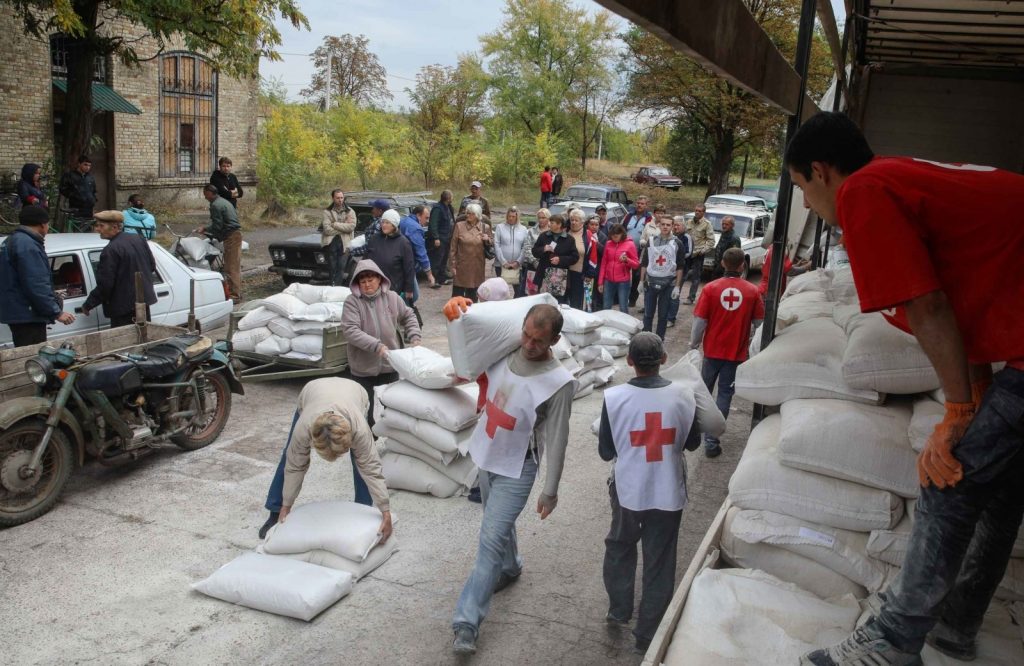By Duke Huang
One thing about humanitarian aid that frustrates but excites me the most is our ability to mobilize aid in short amount of time if we set our mind to. In times of crisis, we can generate hundreds of millions of dollars to deliver aid in countries that are in need. However, because of the lack of coordination and transparency, the reality does not rise up to the expectation. Even though I have never been to a place where aid is delivered, I have read and heard from reliable sources that the deliverance of aid can be very problematic and bureaucratic. And for someone who’s interested in work in the field, it posts a very serious dilemma: should I work in the system and work on changes from within? Or should I work from the outside and work on changing policies?
If I work from within the field, I would not only have first-hand experience on delivering aid, but also know what should be changed according to my own experience. This gives me the opportunity to understand the situation with an unbiased lens, instead of a report from the INGOs, in which they might try to paint the best picture of themselves. Moreover, it might give me more creditability in asking for change, because I would have personally lived through it. HOWEVER. And I use uppercase for emphasizing the contrast. If I work within the field and try to change from within, I might cause more harm than good to the people I would be working with. Does it mean that I would, in a sense, kill a hundred to save one before the change? Is it worth it? Is it fair for those whom I might kill unintendedly? No. If my objective is to save people, then I probably should not be in the field in the first place.
If I work from outside the field, I would avoid the risk of harming people directly because of my action. There are also many organizations around the world that are working on conflict analysis and assessment delivering aid that I can almost put the pieces together like a jigsaw puzzles of different conflicts and different situations. Moreover, most of the decision makers are not working in the field but in offices and conference rooms, so it would be more influential to work on the changes with the decision makers. HOWEVER. I might not be able to see the consequences of the policy I suggested. The consequences might be more detrimental than I would expect. Moreover, I would only receive second handed account and not be able to judge the situation without a third-party bias.
For now, I would choose the former. Well knowing that there might be detrimental unintended consequences because of my action. But I believe that I would need to witness and experience the situation before I can make a judgement about what kind of change I want to make. Also, I know that I hate office work and I would never be able to sit in front of a computer from 9-5 and go home and repeat the routine for the rest of my life. I have serious commitment issue, and I strive on busyness and uncertainty. Which is why I think I would be able to work in a conflict situation and deliver aid to those in need and be culturally sensitive. It’s hard to try to come up with a decision right now because of my inexperience, but I should still try both to see which one sticks.



